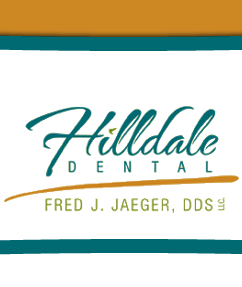 Healthy teeth are important to your overall health. But you may be surprised to learn just how complex each tooth is underneath the enamel you see on the surface. It’s also why the idea of a root canal procedure can feel complicated, and even a bit frightening. We hope to ease your nerves by simply explaining everything you need to know about root canals.
Healthy teeth are important to your overall health. But you may be surprised to learn just how complex each tooth is underneath the enamel you see on the surface. It’s also why the idea of a root canal procedure can feel complicated, and even a bit frightening. We hope to ease your nerves by simply explaining everything you need to know about root canals.
What is a root canal?
There is an area of soft tissue, underneath the enamel, and within the dentin. It’s called pulp tissue, and it is made up of arteries, veins, lymph vessels, and connective tissue. Each tooth has nerves which enter at the end of the roots, and run through small “root canals.” These canals join with the pulp tissue chamber in the middle of the tooth. Every tooth has at least one, and up to four root canals.
Why would I need a root canal procedure?
The pulp in the root canal of the tooth is damaged or dead, which may cause pain due to a deep cavity, tooth fracture, or injury. The root canal procedure cleans out the diseased pulp, and reshapes the canal, which is filled with a rubber-like substance to prevent recontamination of the tooth. It’s then sealed, often with a crown made of porcelain or metal. A root canal procedure allows you to keep your original tooth.
How does a root canal procedure work?
It typically starts with a local anesthetic to numb the area. An opening is drilled from the crown of the tooth, into the pulp chamber. Both the chamber and canal are cleaned of all diseased pulp and reshaped. Medication is often inserted to fight any bacteria. The crown may then be sealed with a temporary filling to guard against recontamination.
At a follow up visit, the temporary filling is removed, and the pulp chamber and canal are filled with the rubber-like material which will prevent recontamination. Depending on the tooth, a fiber post may be inserted to reinforce it, the area permanently sealed, and a porcelain or metal crown placed over the tooth. It protects and improves your tooth’s appearance.
We’ll monitor how the tissue is healing, and you’ll then be encouraged to brush and floss, along with seeing us on a regular basis.



